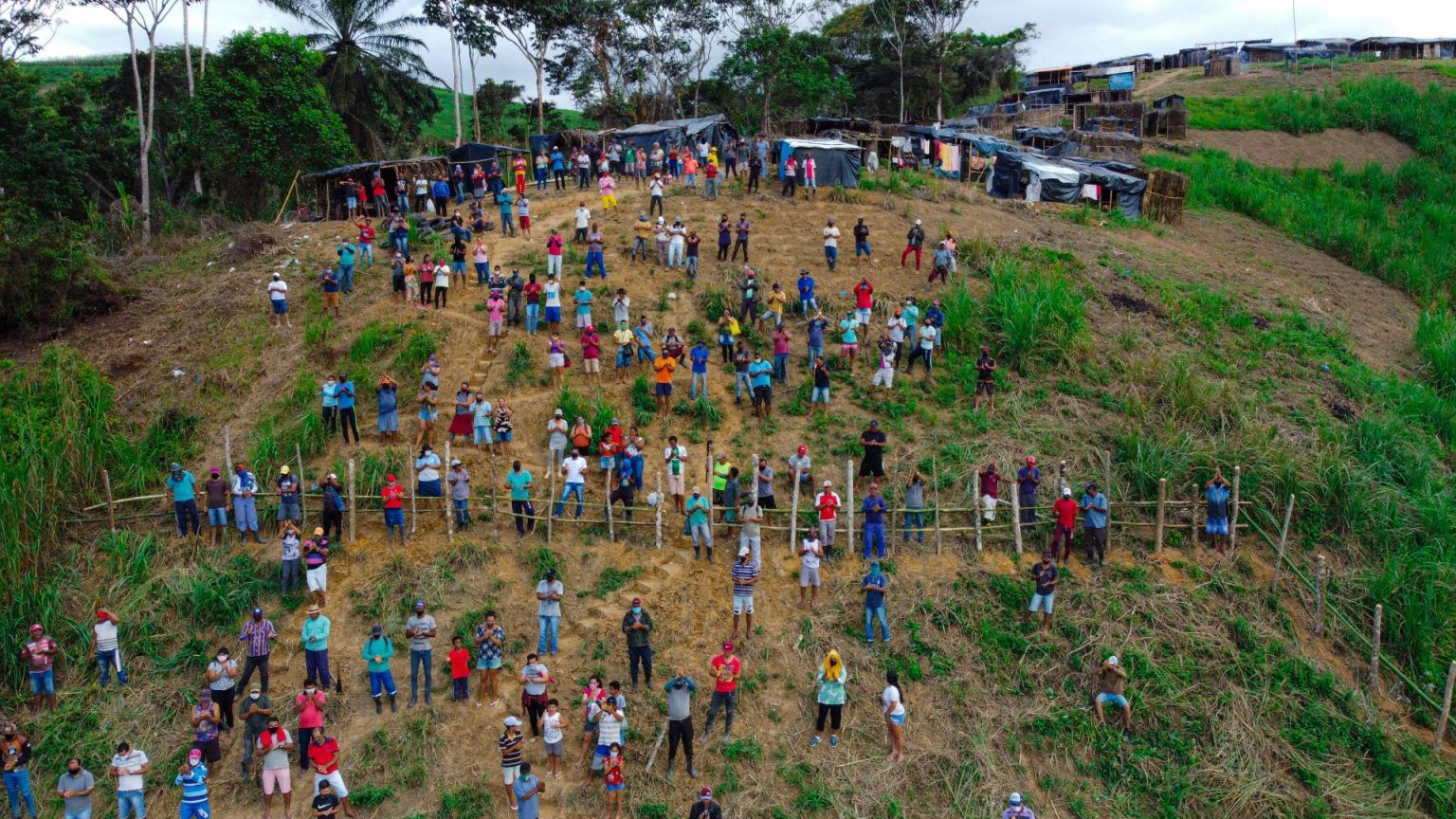Brazil: The Struggle for Agrarian Reform 29 Years after the Eldorado do Carajás Massacre

Since its origins, Brazil has carried the brand of violence and the concentration of earth. The indigenous genocide, 400 years of black slavery and the oppression of the poor are profound characteristics of our history. All attempts at liberation were brutally repressed, as in the massacres of Palmares, Canudos and Contestado. These episodes were not historical accidents, but strategies to maintain the privileges of a colonizing elite.
This structure has turned Brazil into one of the most unequal countries in the world, creating millions of marginalized people, condemned to poverty, violence and exclusion. The concentration of land and the elitist mechanization of agriculture expelled thousands of peasants from their territories. The agrarian elite never agreed to divide the land and implement the agrarian reform, forcing rural workers to organize themselves in movements that fought for a piece of land where they could live with dignity.
The fight for the land has always faced violent repression. On April 17, 1996, in the Eldorado do Carajás Massacre (PA), MST peasants marched for agrarian reform when they were surrounded and attacked by the Military Police, who used firearms against the protesters. The result was the death of 21 rural workers and hundreds of inherited people. Years later, only 2 of the 155 state agents involved in this barbaric crime were convicted. Even 29 years after this sad episode in Brazilian history, impunity still reveals how justice protects the powerful and criminalizes the poor. The crime moved the world and transformed April 17 into the International Day of Fight for the Territories and the National Day of Fight for Agrarian Reform.
Even in the face of violence, the movement has continued to resist, occupying large properties, marching and demanding rights. And on this April Day of Struggle in Defense of Agrarian Reform, it couldn’t be any different.

In April 2025, the Movement mobilized 30 actions developed by landless activists from 14 states and the Federal District. In the first 10 days of the Day, massive land occupations, negotiations with public bodies and actions mobilized more than 10 thousand families in 28 municipalities. And there is much more to come, to remember the struggle of the martyrs who came to claim a piece of land to plant and harvest, as required by the Constitution.
Even after three decades, we continue fighting because there are still large estates and settlements without land, and to face the hegemonic model in the field given by agribusiness, which brings us devastating consequences: environmental degradation, expulsion of traditional communities and poisoning by pesticides. This model prioritizes the gains of large corporations to the detriment of the life and food sovereignty of the Brazilian pueblo.
While Brazil is facing a serious food crisis, with millions of people passing by, the agribusiness is directing its production (soy, maize, livestock) to export, instead of supplying the domestic market. The State subsidizes this system with thousands of millions of dollars in tax incentives, while family farming – responsible for much of the food that reaches the tables of Brazilians – receives minimal support.
Today, 145 thousand families are camped in Brazil, 100 thousand of whom are organized by the MST. From them, 65 thousand spent decades waiting for a piece of land to plant and live on. They are families that resist under black canvases, without access to public policies, but that continue to grow food even without support from the State.
Agrarian reform is not just a question of land distribution, but a project of social justice, food sovereignty and sustainable development. Democratizing access to land, promoting agroecology and guaranteeing the rights of rural workers are essential steps towards building a fairer country.
While the latifundio and violence persist, the struggle for land will continue. The resistance of Sin Tierra is the resistance of all those who believe in a Brazil where the land fulfills its social function: feeding the people and guaranteeing a dignified life for those who work. The fight for the land is resistance for historical reparation, it is the fight for democracy, for social justice and for a country without poverty. The moment to do it is now!
This article written by Edson Bagnara and edited by Lays Furtado first appeared on MST’s website
